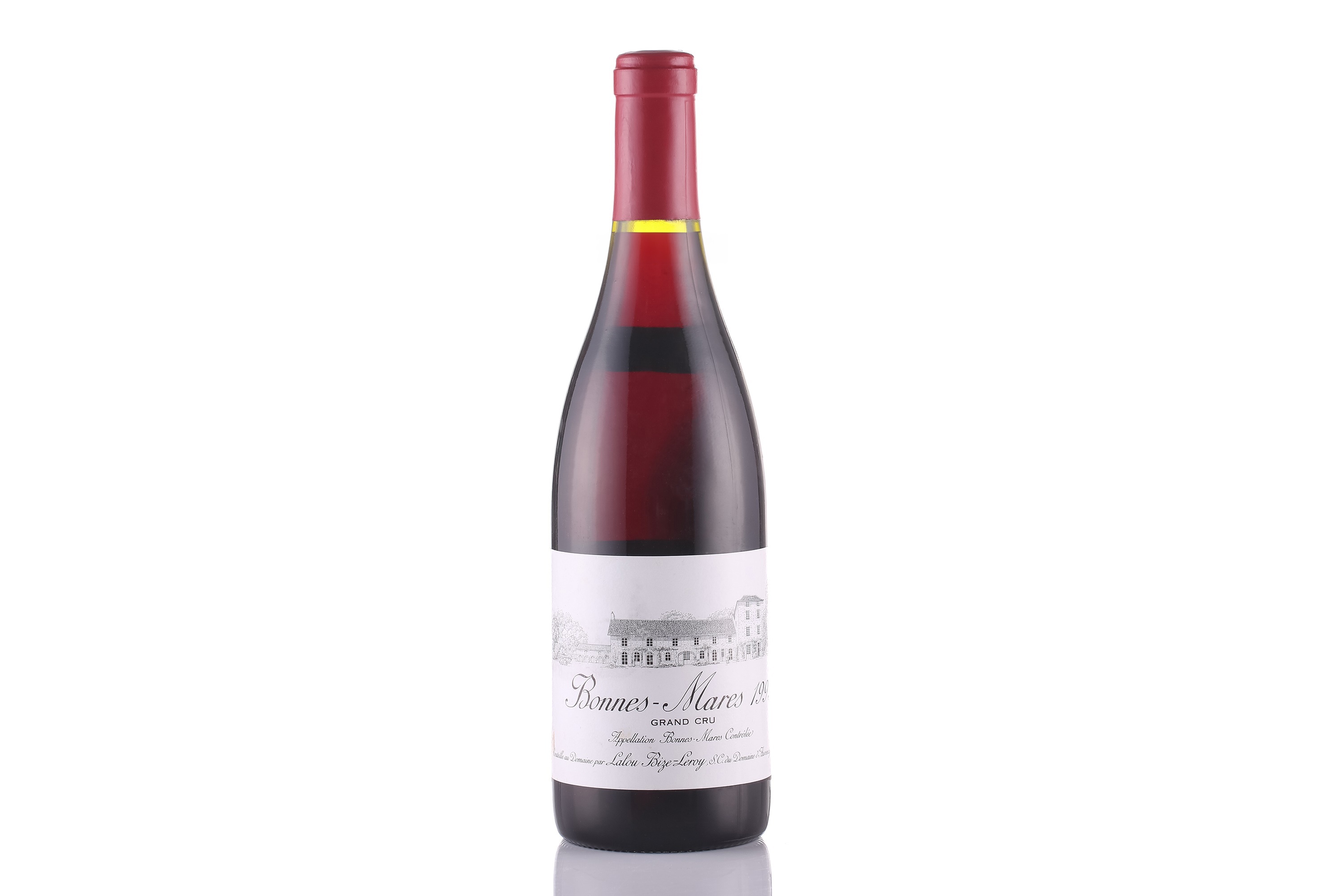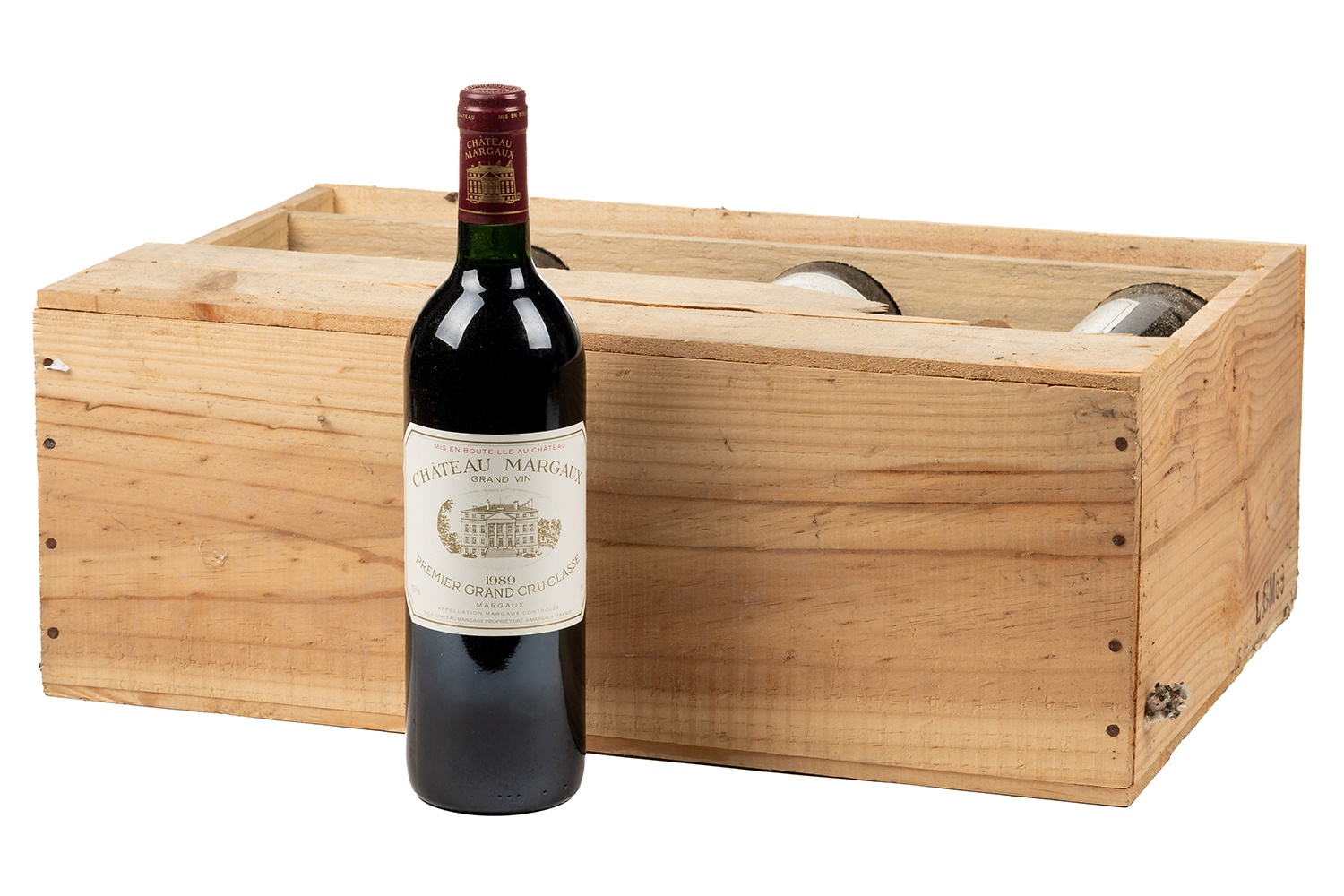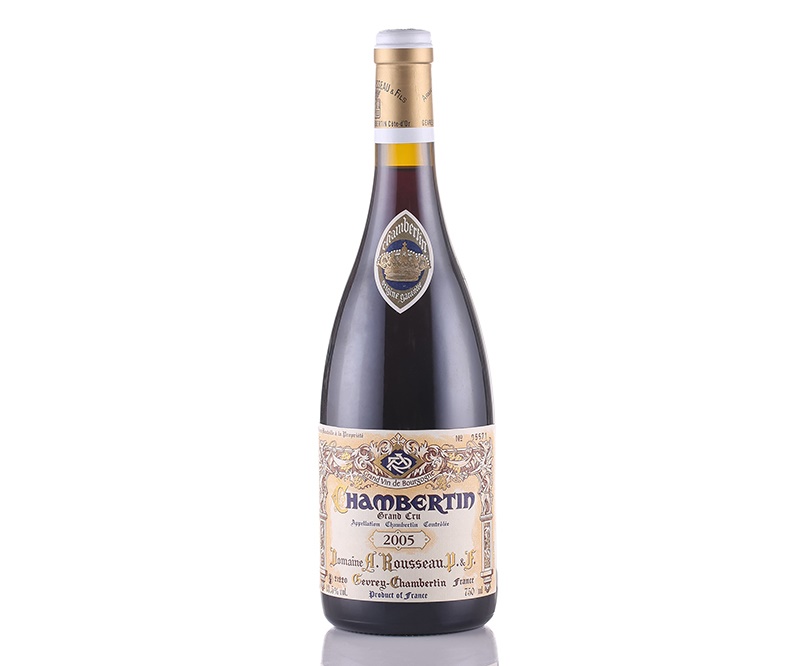How to Tell if a Wine is Valuable
Bottles with excellent or unique provenance will command higher prices
10/12/2024
As with all things, the value can be defined as the amount someone is willing to pay for it. That said, certain elements always come into play that can enhance and increase the value of an item or object and wine is no exception. When you are looking to buy or sell wine, it is advantageous to know the main factors that can determine its value.
A bottle of Domaine d'Auvenay Bonnes-Mares 1993 Grand Cru
Availability
The notion of ‘supply and demand’ is often a key driver of value. In essence, wine is usually rare or scarce, with limited availability in the marketplace, for two reasons; small, finite volumes were produced to begin with, or because it has been consumed over the years and availability reduces accordingly. If made by a desirable producer, both these elements can increase the value of a wine and, sometimes, all these elements come into play. Large format bottles are often more of a rarity and can command good values for the same reason.
Producer
There are a lot of wine estates in the world, but only a small percentage of these produce wines every year that significantly increase in value. Obvious examples include the First Growths from Bordeaux, Grand Cru Burgundies from estates like Mugnier, DRC, and Leroy to name just a few, but regions like California and countries like Italy also have some super star producers. In fact, most wine producing nations have a clutch of sought after producers or winemakers that are held in exceptionally high regard.
A twelve bottle case of Chateau Margaux 1989 Premier Grand Cru Classé
Vintage
While a vintage can influence the scarcity of a wine, the weather’s natural fluctuations can result in a great or less than ideal harvest. This is a complex topic and certain estates may perform better than others in a given year for many reasons, including location and individual microclimates, decisions made during the growing season or in the winery. As a rule, great winemakers are consistent and are able to make good wine most years. However, there are always some years where everything falls into place and those vintages can become very in demand.
Longevity
Wines from certain vintages, regions, or particular estates (or a combination of these factors) can offer greater ageing potential than others. Their capacity to develop and improve in bottle (often linked to the reputation of the vintage) will directly influence their value. Even when considered more mature, some wines will still hold their value more than others.
A bottle of Domaine A Rousseau Gevrey Chambertin Grand Cru
Provenance
Bottles with excellent or unique provenance will command higher prices. Well-documented provenance enhances the value of fine wines because prospective buyers are more inclined to invest in wines with a clear history because this helps provide an assurance of quality. The provenance of a wine would include origin (who was it bought from and has it been resold before), storage history (temperature controlled). It would also incorporate the ullage (the level of the wine in the neck bottle), the condition of the label, cork, and capsule and whether the wine is in its original case or has been recorked.
Critics
Wine critics and their scores are a reality of the wine trade and top critics can, undoubtedly, influence the value of a wine. If a wine has top scores from key writers or critics, then its value and collectability will likely increase. The demand these scores often generate can then push the supply, potentially adding to the value of a wine.
So, whether you want to sell or buy it is important to remember that a combination of all these factors can come into play when you wish to discover the value of a bottle or case of wine.
read more
How Do I Sell an Expensive Bottle of Wine?
Is Fine Wine a Good Investment?
Are you thinking of selling a potentially valuable bottle of wine?
With a global audience of over 10 million active bidders, Dawsons can secure the best prices.
Get in touch with an expert Valuer for confidential sales advice, we would be delighted to help you:


